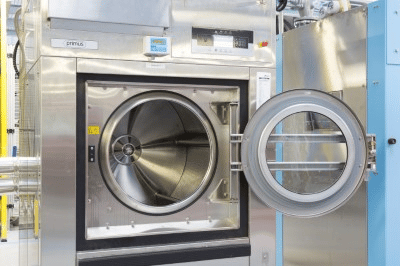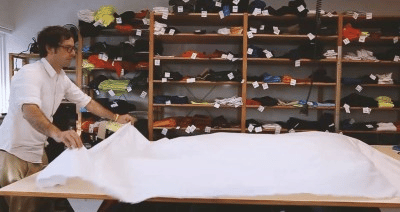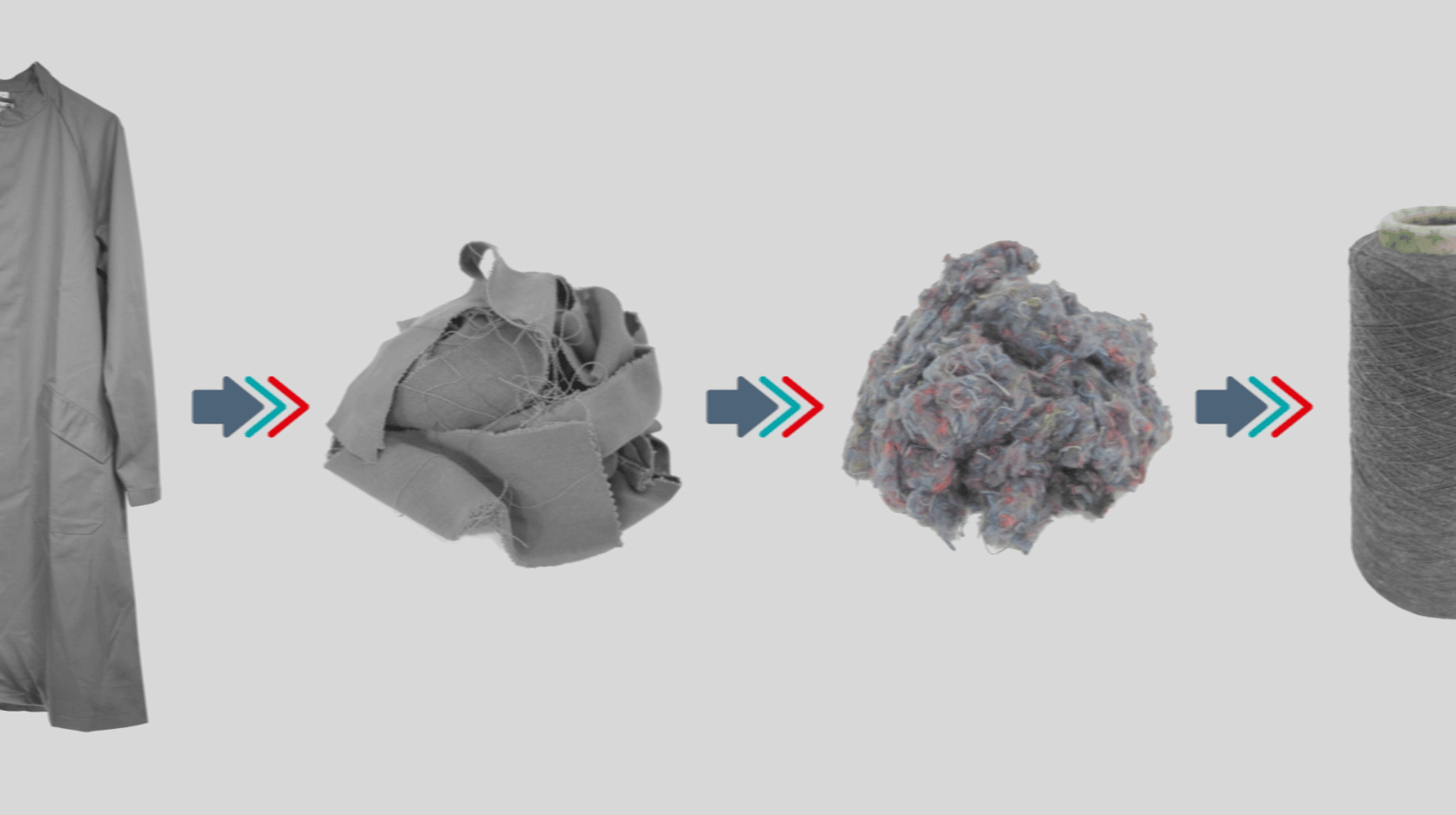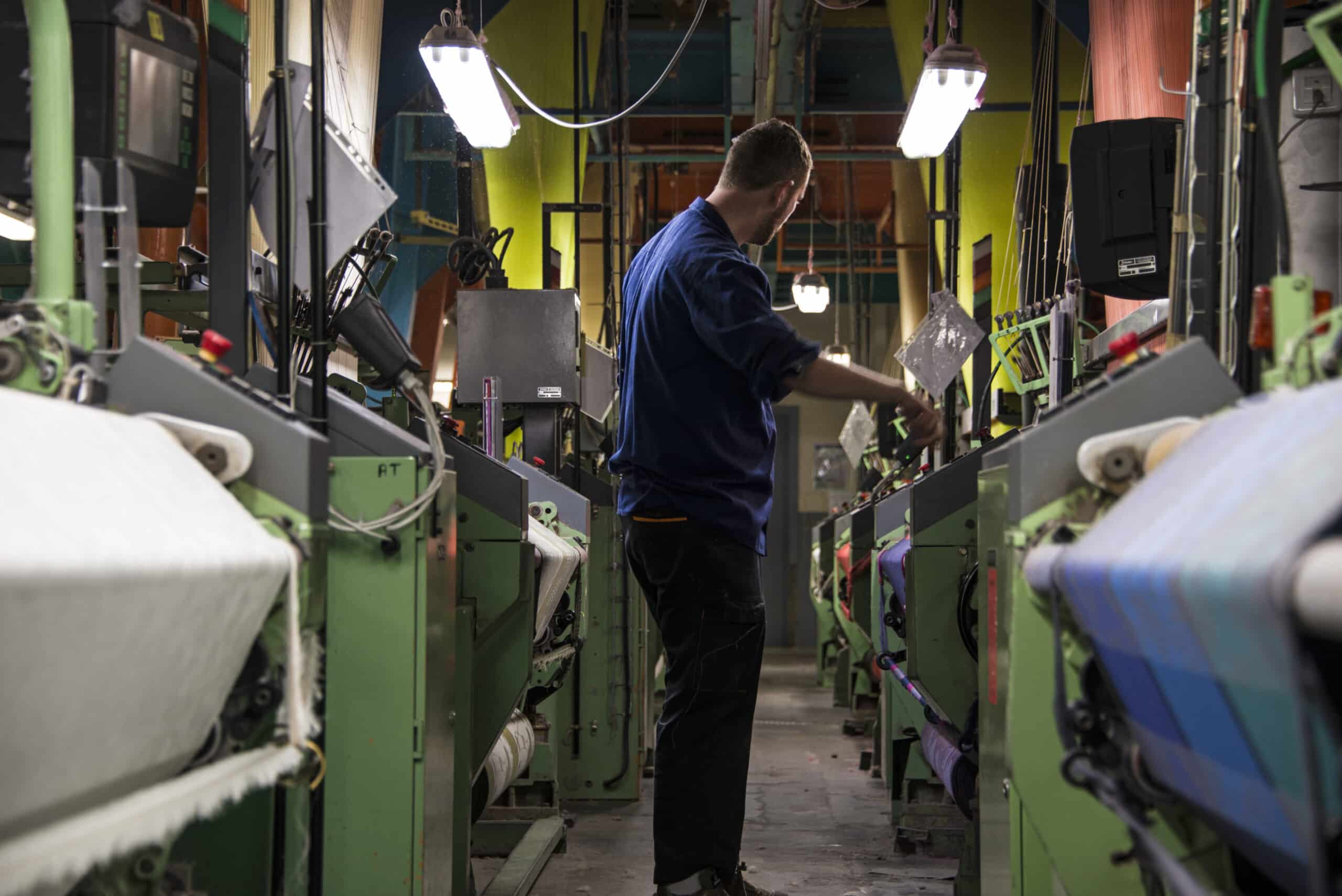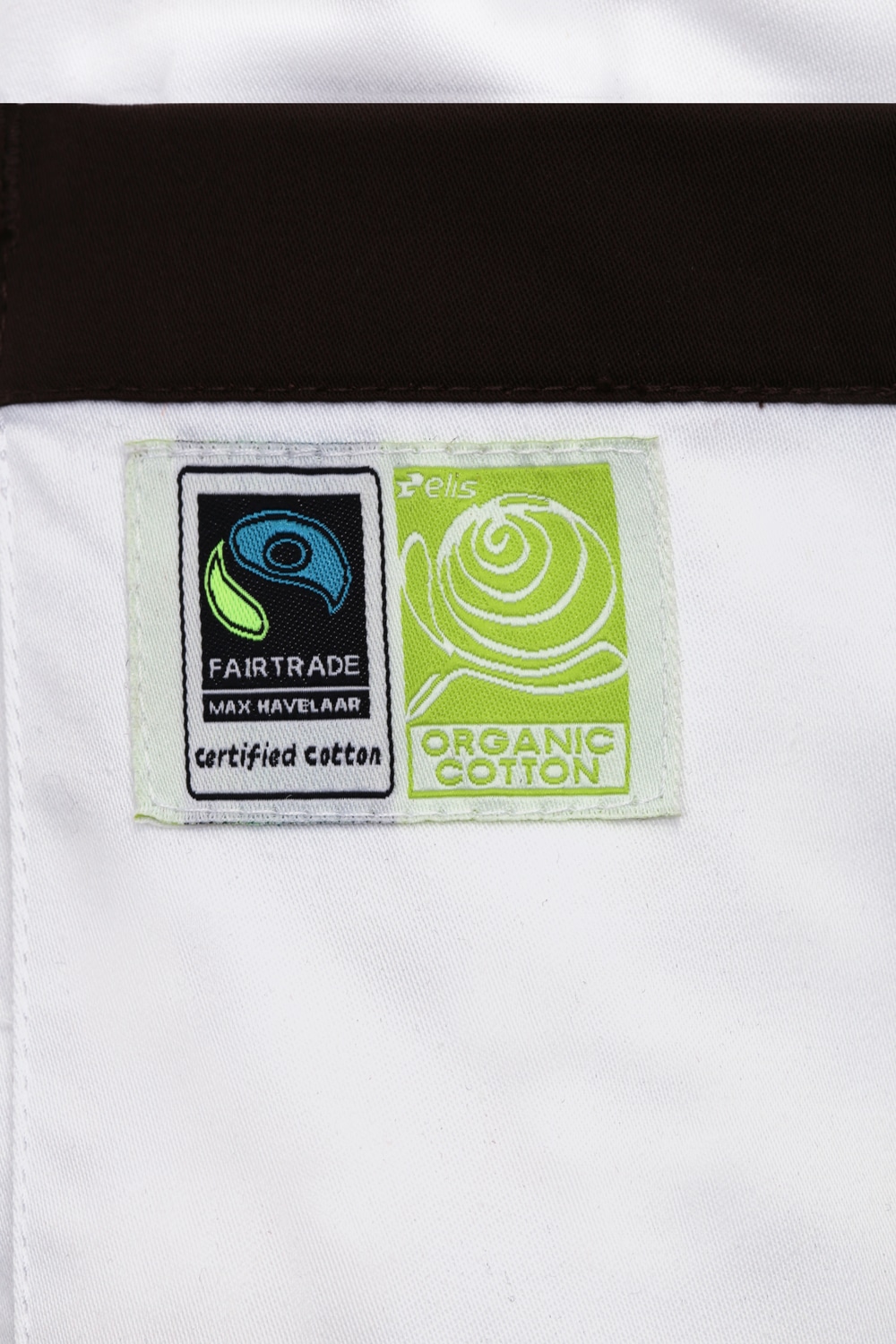Promote Circular Economy to our ecosystem/stakeholders
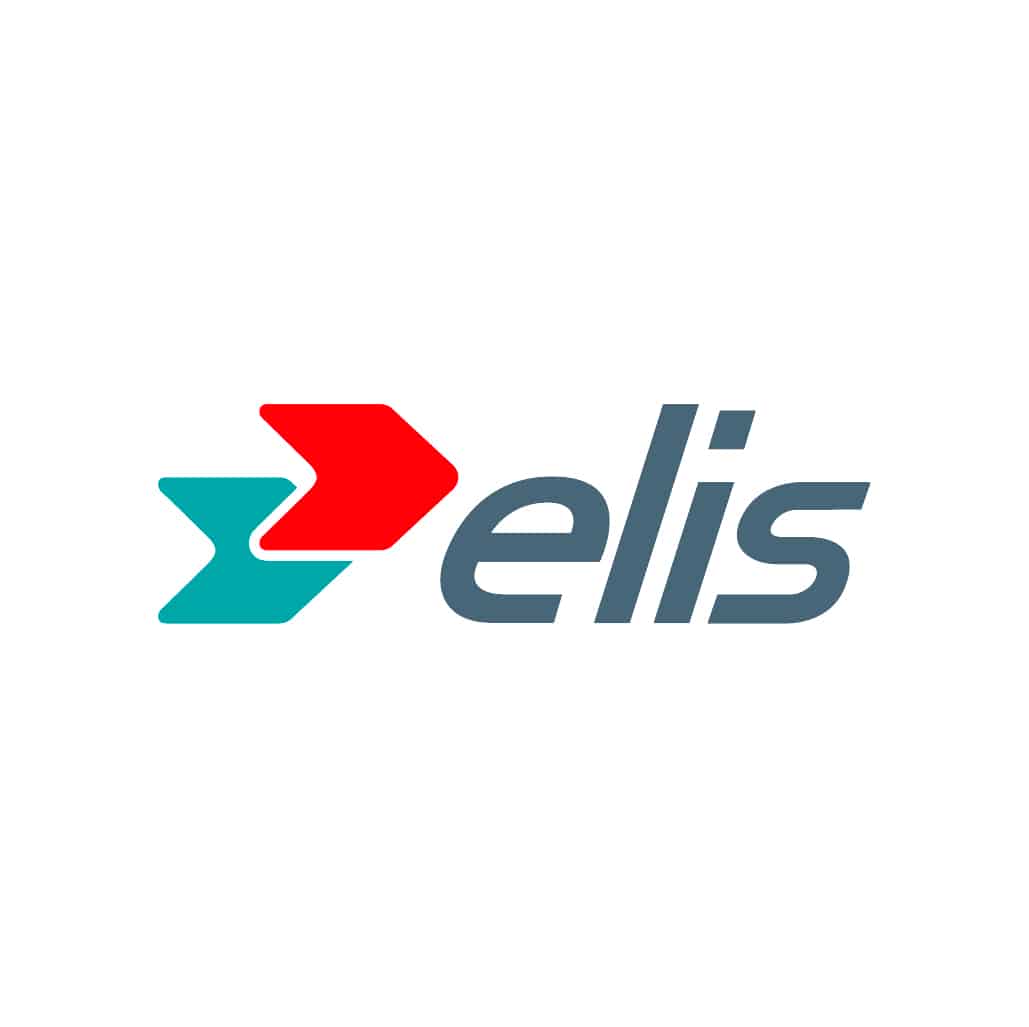
Terms of the action or commitment
Promote Circular Economy to our ecosystem/stakeholders:
– participation in events, roundtables
-comparative LCAs
-open source, accessibility, communication to users
Elis Group is convinced that the circular economy model, by reducing the consumption of natural resources and keeping products in use, is a sustainable solution to meet current environmental challenges and the planet’s limits.
The services offered by Elis are positioned as a sustainable alternative:
– to the purchase or simple use of products: by optimizing their use in a logic of mutualization and by optimizing industrial maintenance processes. The change in size of carriers, the arrival or departure of employees, the change of collection are recurrent events of a company, which the economy of functionality allows to solve.
– to replace single-use, or disposable, products by offering reusable solutions, most often maintained locally, which also contribute to local employment and economic development.
At the end of 2021, 89% of the Group’s revenues is generated based on the product-as-a-service business model.
Convinced of the benefits of the circular economy, the Group aims to position itself increasingly to promote the circular economy among its stakeholders:
> directly,
– via increased participation in forums or events on these subjects in its various territories of operation,
– via the performance of Life Cycle Assessments (LCA) in order to scientifically objectify the benefits of these business models,
– via active and dynamic communication on social networks around the circular economy.
> Indirectly:
– Via our sales forces, who will be trained on CSR issues and the benefits of the circular economy in particular so that they can engage their customers towards these more responsible models.
– via its customers and users of its services, who are educated as part of their operations and jobs about sharing and reuse, which are fundamental values of the circular economy. This approach is contributing to remove certain psychological barriers that are found today in the Fast Moving Consumer Goods sector,
– via its networks and professional federations, by supporting them in promoting the circular economy and its benefits.
– participation in events, roundtables
-comparative LCAs
-open source, accessibility, communication to users
Elis Group is convinced that the circular economy model, by reducing the consumption of natural resources and keeping products in use, is a sustainable solution to meet current environmental challenges and the planet’s limits.
The services offered by Elis are positioned as a sustainable alternative:
– to the purchase or simple use of products: by optimizing their use in a logic of mutualization and by optimizing industrial maintenance processes. The change in size of carriers, the arrival or departure of employees, the change of collection are recurrent events of a company, which the economy of functionality allows to solve.
– to replace single-use, or disposable, products by offering reusable solutions, most often maintained locally, which also contribute to local employment and economic development.
At the end of 2021, 89% of the Group’s revenues is generated based on the product-as-a-service business model.
Convinced of the benefits of the circular economy, the Group aims to position itself increasingly to promote the circular economy among its stakeholders:
> directly,
– via increased participation in forums or events on these subjects in its various territories of operation,
– via the performance of Life Cycle Assessments (LCA) in order to scientifically objectify the benefits of these business models,
– via active and dynamic communication on social networks around the circular economy.
> Indirectly:
– Via our sales forces, who will be trained on CSR issues and the benefits of the circular economy in particular so that they can engage their customers towards these more responsible models.
– via its customers and users of its services, who are educated as part of their operations and jobs about sharing and reuse, which are fundamental values of the circular economy. This approach is contributing to remove certain psychological barriers that are found today in the Fast Moving Consumer Goods sector,
– via its networks and professional federations, by supporting them in promoting the circular economy and its benefits.
Levers mobilized for circular economy (according to Ademe)
Implementation timeline
Starting year
2021
Ending year
2025
